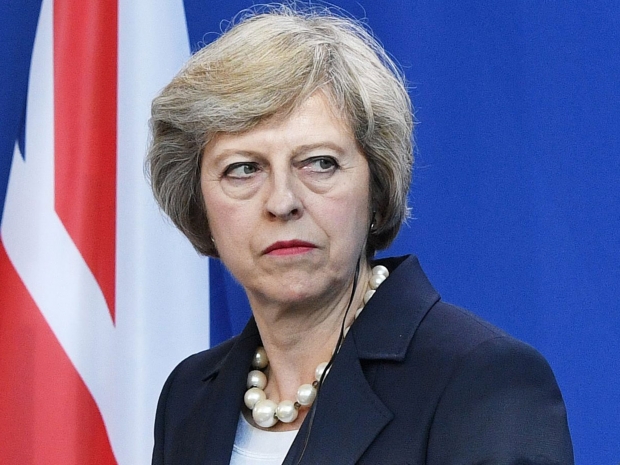The new law, dubbed the "snoopers' charter", was introduced by then home secretary Theresa May in 2012, and took two attempts to get passed into law following breakdowns in the previous coalition government.
Civil liberties groups have slammed the bill, with some arguing that the law will let the UK government "document everything we do online".
Under the new law, ISPs must record every internet customer's top-level web history in real-time for up to a year where it can be looked at by government departments. Companies will be forced to decrypt data on demand and disclose any new security features in products before they launch.
Intelligence agencies will be allowed to hack into computers and devices of citizens. Only journalists and medical staff have some protection.
In a statement, Jim Killock, director of the Open Rights Group said that it was the "most extreme surveillance law ever passed in a democracy".
The bill was opposed by representatives of the United Nations, all major UK and many leading global privacy and rights groups, and a host of Silicon Valley tech companies. Even the parliamentary committee some of its provisions "vague".
To be fair there are some safeguards, such as a "double lock" system so that the secretary of state and an independent judicial commissioner must agree on a decision to carry out search warrants. A new investigatory powers commissioner will also oversee the use of the powers.
But what is probably amazing is that the Labour opposition did nothing to stop the bill which meant there was no controversy and the government got it through on the nod.
So far, the only opposition has come from litigation by Privacy International, which helped push these secret practices into the public domain while forcing the government to scramble to explain why these practices were legal.




